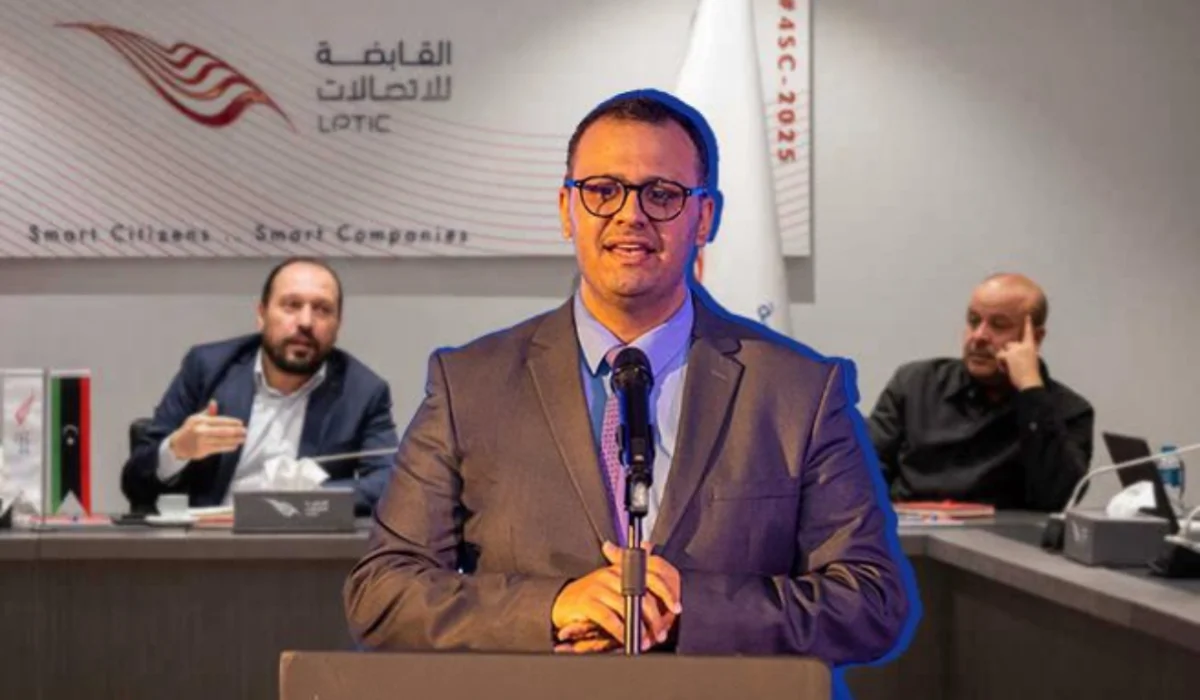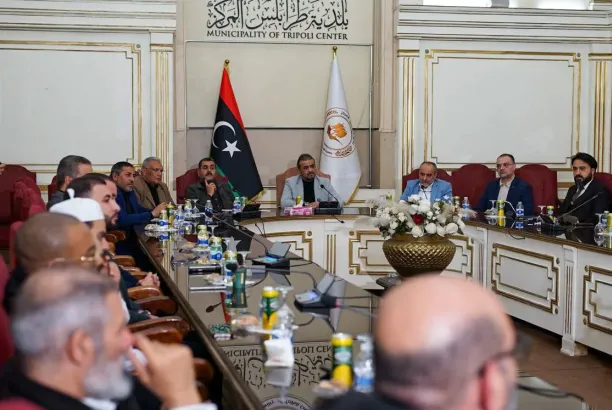The tech blogger “Amin Salih” wrote an article entitled: A harsh testimony about the Libyan telecommunications sector
“Today, I share with you a personal testimony about the reality of the telecommunications sector in Libya, and the companies of the LPTIC, from a period I fully witnessed.
And if this sector witnesses a collapse in the coming years, know that the Board of Directors for the period 2021–2024 was the main reason behind that by opening the doors to greedy people, corruption, and groups operating outside the law directly or indirectly…
I will take advantage of the limited margin of freedom of expression that was available during the past two months to write, before tyranny returns again in different forms and imposes silence on me, as the LPTIC did in previous years, when I resorted to them after receiving serious threats. Unfortunately, that management endorsed those threats with their silence, even by trying to prevent me from writing.
God knows, and those in the inner circle know, that the threats have not stopped since 2019 and have become part of my daily reality. I deal with them with awareness and true appreciation of the level of danger.
But what distinguishes the previous Board of Directors — negatively — from those before or after it, is that it opened the doors of the telecommunications sector to unqualified parties or those linked to special interests, turning this vital sector into something resembling a cash cow for sometimes rogue groups, or a front for administrative and political centers of influence at other times, or a means to feed phantom companies that provide no real value.
During 2023 and 2024, focus on development, network improvement, and user services declined, and attention within the LPTIC shifted to how to spend as much money as possible. Correspondences were issued from the Chairman obligating the Libyana company to pay expenses in favor of the Holding, deducted from its profits, until one-third of the allocated profits were drained, then they began consuming profits from coming years! That have not yet been earned.
Today, we stand before a critical scene: shaky, fragile telecom companies lacking vision and sustainability.
I will not delve into the details of all companies, but some were placed under the management of companies that drain 8% of net profits without justification; other companies were exclusively granted value-added services (VAS), and others monopolized development and technical support contracts, while competent national companies were sidelined in favor of others linked to certain interests.
Even cleaning, catering, travel, advertising and services, and tourism companies received their share of chaos. And although we mocked the “stuffed lamb” worth 17,500 dinars, what happened in the Telecommunications Holding is chaos involving billions of dinars.
I completely left the sector in mid-2023 due to escalating threats and the unclear scene, but it pains me what this field has become. Therefore, I present to you some points I see necessary to save what can be saved:
What does the Libyan telecommunications sector need today?
- Reduce unnecessary expenses, especially those that do not contribute to improving services or developing infrastructure.
- Cancel exclusivities in contracts and open the field for fair competition between companies.
- Break the sector’s monopoly on some services, and open the market transparently, away from corruption and favoritism.
- Stop funding any government institution whose expenses are covered from the public treasury.
- Restore national competencies and expertise that were marginalized over past years.
- Legally and administratively hold accountable the corrupt and those involved in draining public money.
- Cancel formal and chaotic committees, keeping only what serves the work and enhances governance.
- Focus investments on services that achieve real returns, allocating only 10–15% for corporate social responsibility, not the other way around.
- Train a new generation of young cadres, and open the field for small start-ups affiliated with the Holding (3–10 employees) supported by venture capital (VC).
- Independence, then independence, then independence — and this can only be achieved with genuine support from the government and regulatory bodies.
In conclusion… the telecommunications sector is not a luxury but the backbone of national development, and a pillar of digital sovereignty and information security. What we see today of chaos and catastrophic decisions is not the result of random mistakes, but a systematic result of poor management and conflict of interests. It is time to confront it.
These words are not an attack, but a cry from a person who was close to this sector for years, has the ability to write and express, and suffers from the path it was dragged into by ignorance, complicity, or greed. Saving the sector is a national duty, and leaving it to collapse is a crime against every Libyan. We must either wake up today or all bear the burden of tomorrow.”






